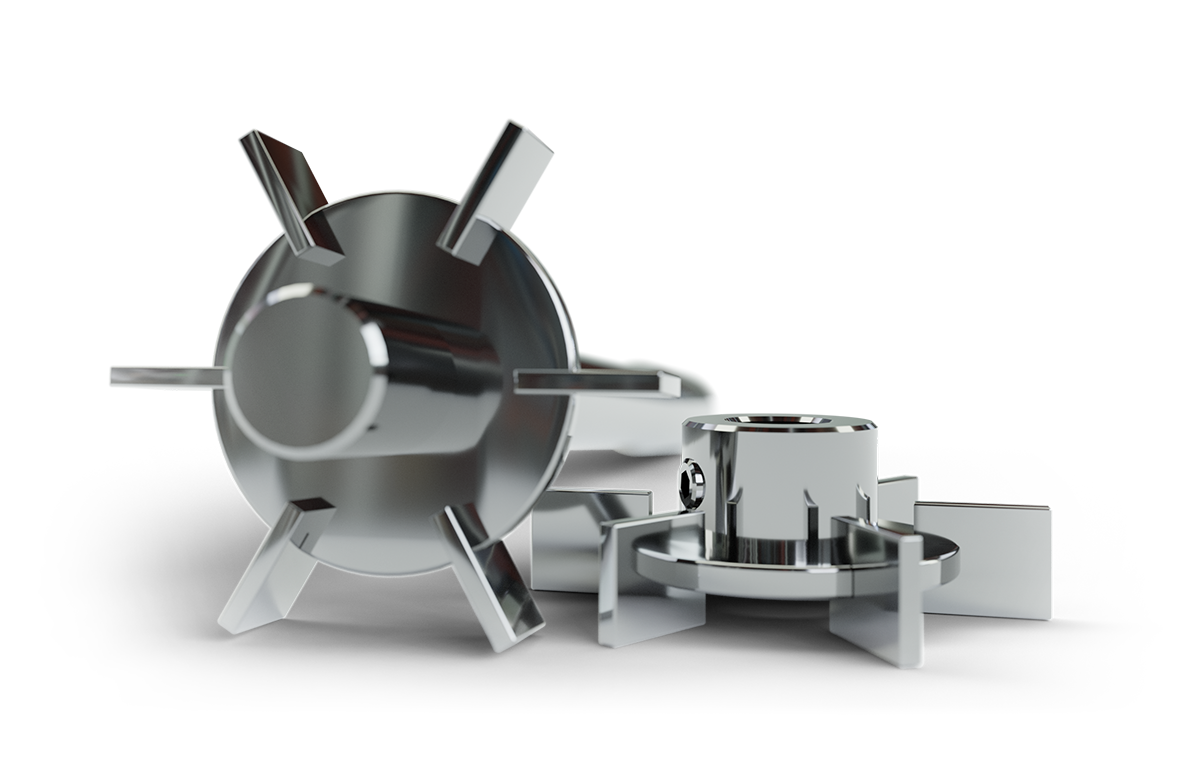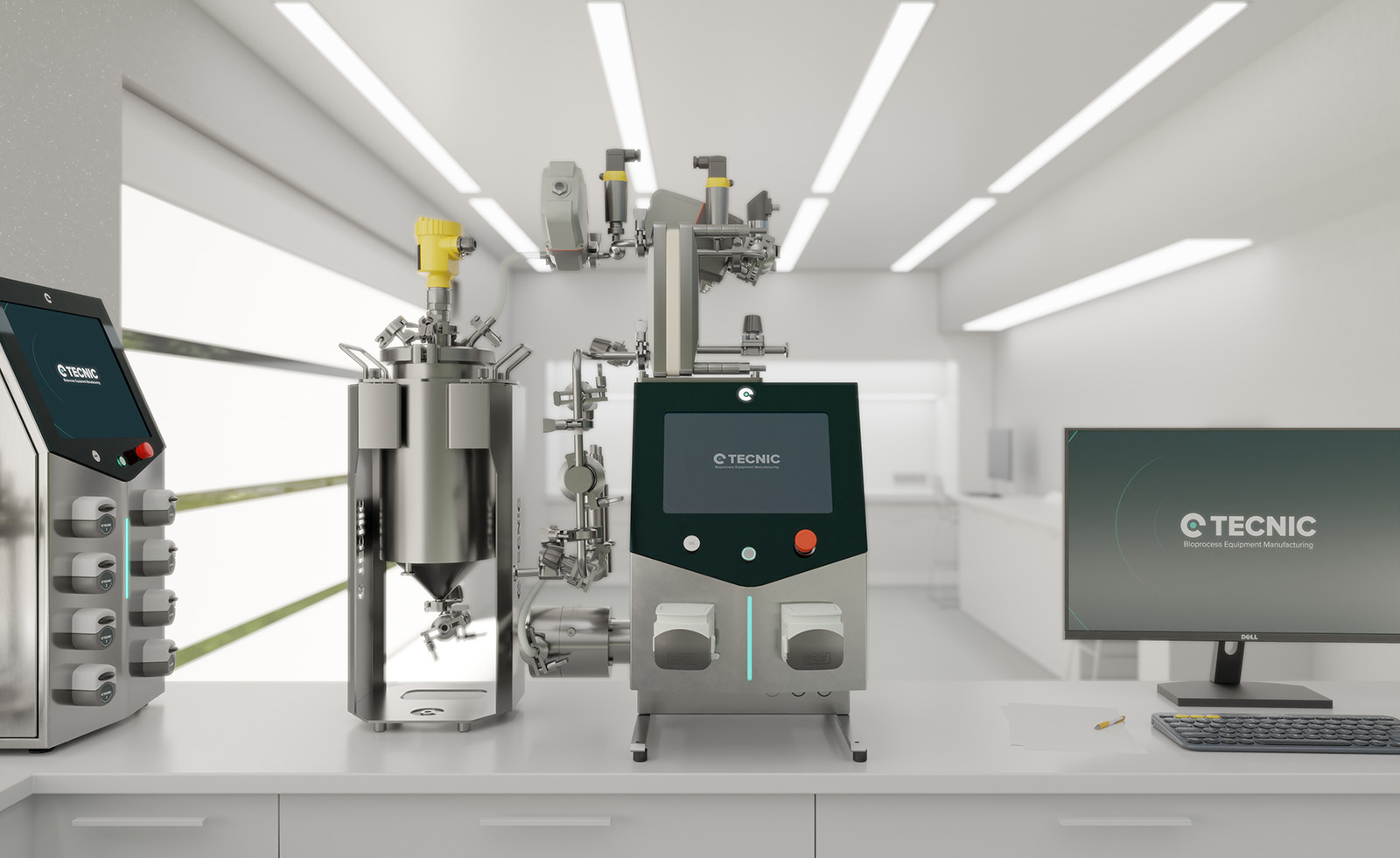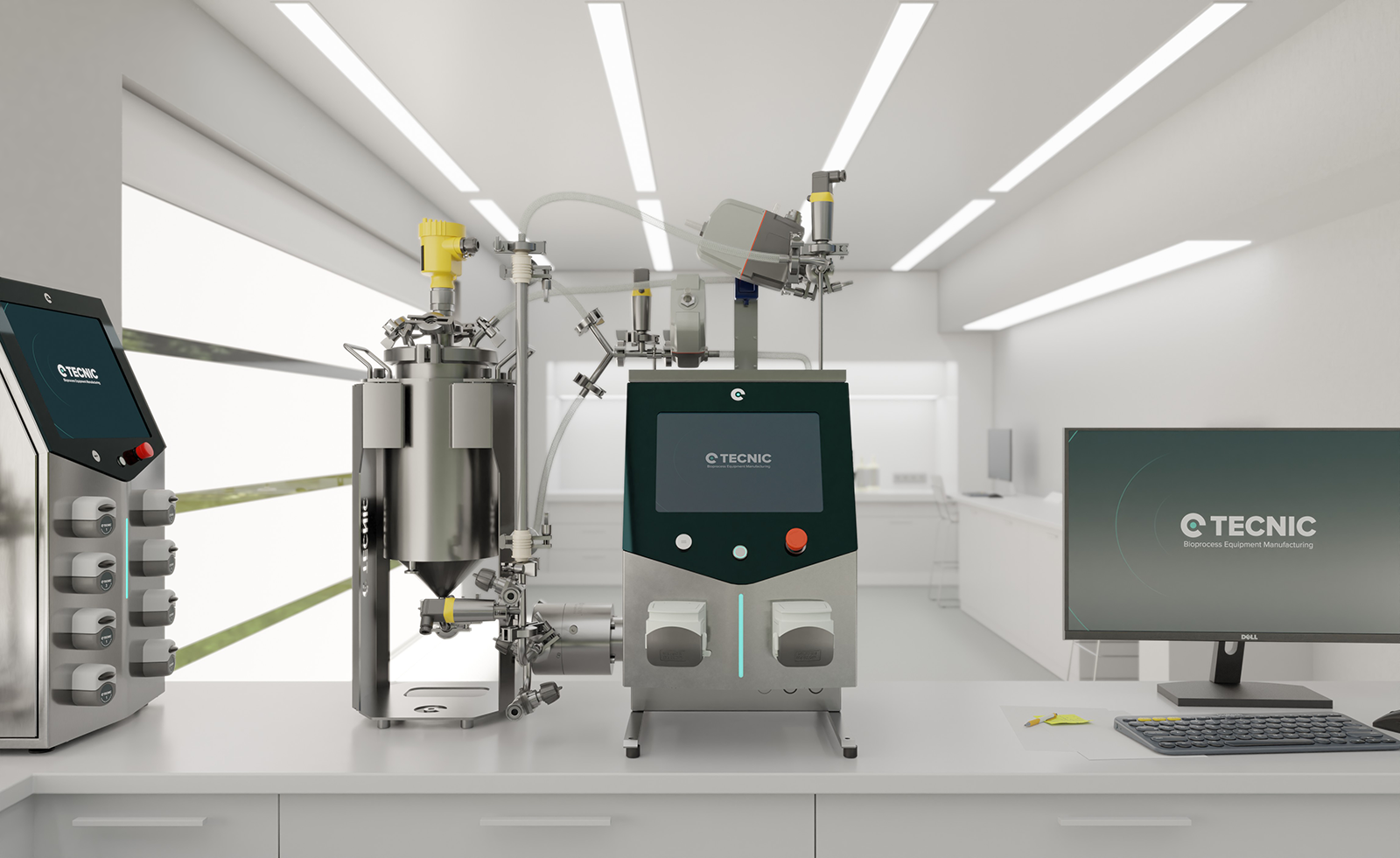How vaccines work? Introduction to vaccines and their types
Vaccines have been a cornerstone in the advancement of public health, offering protection against a plenty of infectious diseases. Fundamentally, a vaccine is a biological agent that mimics an infectious pathogen, such as a virus or bacterium, but is formulated to not cause the disease itself. When introduced into the body, it prompts the immune system to mount a response, recognizing the agent as foreign and remembering how to combat it effectively. This is typically achieved using various components of the pathogen, such as weakened or killed forms of the microbe, its toxins, or one of its surface proteins. This process is the basis of vaccination and represents one of the most significant achievements in the field of medicine.
The history of vaccines dates back to the late 18th century when Edward Jenner developed the first successful vaccine against smallpox. Since then, vaccines have evolved dramatically, with advancements in technology and a deeper understanding of immunology shaping their development. Today, vaccines not only prevent diseases but also play a vital role in global health strategies, significantly reducing the incidence and severity of infectious diseases worldwide.
The evolution of vaccines
Vaccine science has significantly evolved, advancing from basic techniques using weakened or inactivated pathogens to advanced biotechnological methods. Earlier vaccines, while effective, had limitations like refrigeration needs and risks for immunocompromised individuals. With deeper insights into immunology and genetics, vaccines have become more sophisticated.
Recombinant DNA technology, for instance, has enabled the production of safer, more effective vaccines in controlled laboratory settings, as seen with the hepatitis B vaccine. The introduction of mRNA vaccines marks a further revolution, utilizing genetic material to prompt immune responses against pathogens. This development, especially evident during the COVID-19 pandemic, illustrates the rapid progress and adaptability of modern vaccine technology.
Different types of vaccines
Katalin Karikó: A pioneer in mRNA Vaccine
Katalin Karikó's contributions to the field of mRNA technology have been instrumental in the development of mRNA vaccines. Her work, often conducted in the face of significant skepticism and funding challenges, laid the foundation for the use of synthetic mRNA in medical applications. Katalin Karikó's research focused on overcoming the challenges associated with mRNA, such as its instability and innate immunogenicity, paving the way for its use in vaccines.
The success of mRNA vaccines against COVID-19 is a testament to Karikó's vision and perseverance. These vaccines have not only proven to be highly effective but also represent a new paradigm in vaccine development. The ability to quickly design and produce vaccines in response to emerging pathogens could transform our approach to infectious disease prevention and control. Karikó's legacy is a reminder of the importance of fundamental research and the potential of scientific innovation to address global health challenges.
A new era in vaccination and public health
The journey of vaccine science from basic inoculations to advanced genetic and molecular approaches is a testament to the relentless pursuit of knowledge and innovation in the field of medicine. Vaccines have fundamentally altered our approach to infectious diseases, preventing countless illnesses and saving millions of lives. The evolution from traditional live attenuated and inactivated vaccines to sophisticated DNA and mRNA vaccines reflects the incredible progress made in biotechnology and immunology.
The future of vaccination is bright, with ongoing research and development promising more effective, rapid, and personalized approaches to disease prevention and treatment. The advancements in vaccine technology, particularly in the field of mRNA and DNA vaccines, offer new possibilities for tackling not only infectious diseases but also other medical challenges, such as cancer and autoimmune disorders. As we embrace this new era, the importance of vaccines in public health and the role of scientific innovation in advancing human health will continue to grow.
Explore our complete range of equipment
Explore the forefront of recombinant protein with our advanced equipment. Our bioreactors are designed for diverse applications, ensuring efficiency and quality. Discover our full range of biotechnology solutions, including Bioreactors, Tangential Flow Filtration systems, and more. Visit our pages for Bioreactors ⇀, Tangential Flow Filtration ⇀, and Contact ⇀ for further information and inquiries.






